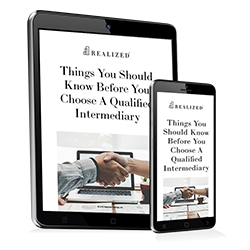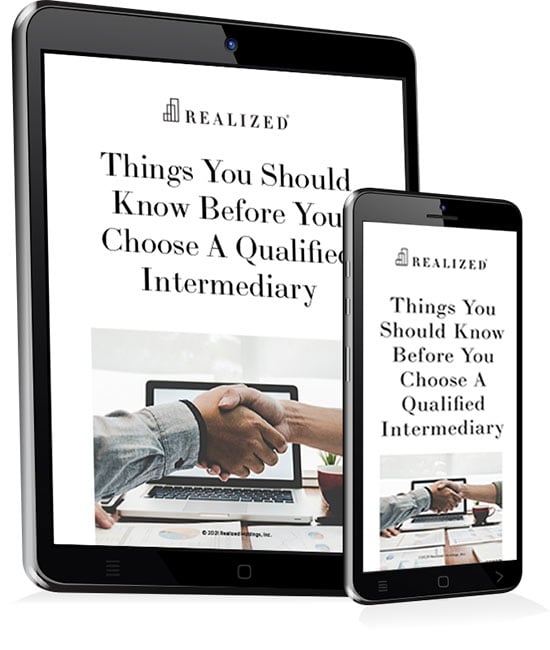
There are many stages in real estate transactions, and one that isn’t talked about as much but becomes an important discussion in 1031 exchanges: earnest money deposits. These are payments made to secure a property under contract, but they can add some confusion, especially with how direct control of proceeds isn’t allowed in a like-kind exchange. How do qualified intermediaries handle earnest money deposits?
Below, Realized 1031 outlines key considerations.
What Is Earnest Money?
In real estate, earnest money deposits are a payment made to demonstrate serious intent to purchase a property. Earnest money deposits are not down payments. In most cases, the money is held in escrow, and it will be credited toward the purchase at closing. If the buyer backs out, earnest money is usually forfeited.
1031 exchanges have strict rules, one of which is that the exchanger cannot have direct control of the proceeds. This presents a problem for the earnest money deposits since it could be seen as the exchanger having “constructive receipt” of the funds, potentially disqualifying the exchange for tax deferral. To avoid this, the earnest money must be handled by a qualified intermediary.
Recap of the Qualified Intermediary’s Role
The main role of the facilitatory or qualified intermediary is to ensure that you don’t gain direct control of the proceeds from the relinquished property’s sale. They secure the funds in escrow and transfer them to the replacement property’s seller after closing. In addition to maintaining separation between the taxpayer and the funds, the intermediary oversees key steps of the exchange to help ensure the transaction adheres to IRS rules and timing requirements.
Qualified Intermediary Earnest Money Deposits: How Is It Handled?
Generally, there are two ways a 1031 exchange accommodator handles earnest money deposits in accordance with IRS rules.
Paid by the Intermediary on Your Behalf
After the relinquished property is sold and the proceeds are held by the qualified intermediary, the intermediary can issue an earnest money deposit directly for a designated replacement property. This approach is relatively straightforward and is commonly used.
- The QI sends the earnest money to the escrow or title company.
- The deposit is clearly documented as part of the exchange.
- The fund is then credited toward the final purchase price at closing.
Since the intermediary facilitates all disbursements, this method is generally considered lower risk with regard to constructive receipt concerns.
Advanced By You
There are cases when you want to quickly secure a deal. In such scenarios, you’ll want to advance the earnest money deposit before the qualified intermediary can take hold of the funds. This can be allowed under IRS safe harbor rules, but must be handled carefully to avoid creating a constructive receipt.
- You advance the earnest money personally.
- Once the proceeds are available, the intermediary will reimburse the amount, but only if the payment was made after the exchange agreement was in place. Making the deposit before signing the exchange agreement could create a constructive receipt because you had “control” of the funds before the exchange was established.
- Your intermediary must document the reimbursement as a clear part of the exchange.
Wrapping Up: 1031 Exchange Accommodator Earnest Money
Qualified intermediaries play a key role in ensuring that such payments are handled in a manner consistent with IRS rules—either by issuing them directly from exchange proceeds or reimbursing the exchanger in a compliant way. It's important to coordinate with the intermediary early in the process to ensure proper documentation and avoid unintended constructive receipt.
The tax and estate planning information offered by the advisor is general in nature. It is provided for informational purposes only and should not be construed as legal or tax advice. Always consult an attorney or tax professional regarding your specific legal or tax situation.
Article written by: Story Amplify. Story Amplify is a marketing agency that offers services such as copywriting across industries, including financial services, real estate investment services, and miscellaneous small businesses.
Sources:
https://www.investopedia.com/terms/e/earnest-money.asp
https://www.investopedia.com/terms/c/constructive-receipt.asp



